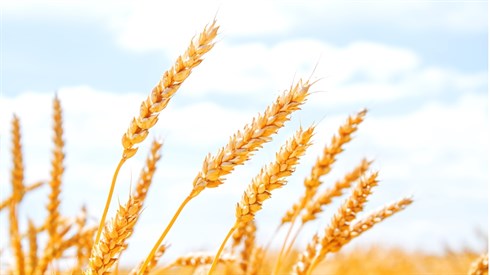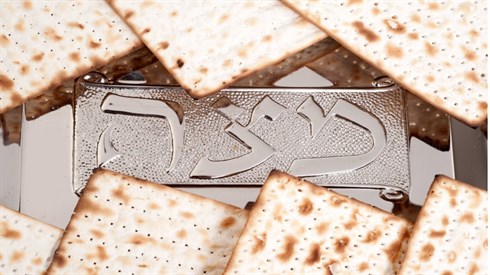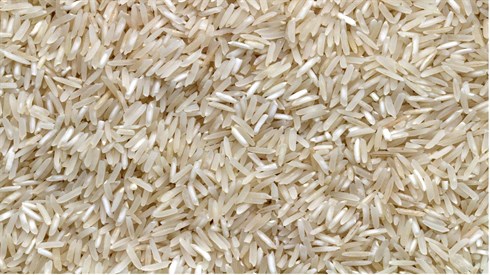Jewish Holidays
Text size
-
 Now I Have it, Now I Don’t
Now I Have it, Now I Don’t
I mailed some hamantashen to a non-frum relative, well before Purim, as a “kiruv” gesture of friendship. The efficient post office has not yet delivered it. I am concerned that (1) as a result, my relative may eat chometz on Pesach; (2) I will be in violation of owning chometz on Pesach. -
 Tu B'Shvat- Israeli Fruit's Vitamins of Holiness!
Tu B'Shvat- Israeli Fruit's Vitamins of Holiness!
The Bach, Chatam Sofer and Rav Kook elaborate on the "Vitamins of Holiness" found in the produce of Eretz Yisrael, who's consumption brings us closer to God & spirituality. The class discusses practical applications of this idea, as well as explaining why we say Shir HaMa'alot/Al Neharot Bavel before bentching; why is it called "Canaan Land"; why there is detailed significance in the order in which we eat the 7 species of fruit of Israel; why the manna only stopped when we began eating Israel's produce; a in-depth analysis of the Al HaMichya blessing, and an unforgettably unique explanation of the term: "Land of Milk & Honey". For Rav Shvat's tune to learn Al HaMichya by heart, see: https://www.halachayomit.com/rabasalhamichya.html -
 From Redemption to Redemption: Purim & Pesah
From Redemption to Redemption: Purim & Pesah
Something interesting about the Jewish month of Adar: In some years there is one Adar, while in leap years, there are two consecutive Adars. This raises the question: In which Adar is Purim celebrated in leap years? The answer is: in the Adar that immediately precedes the month of Nissan, and not the earlier Adar. This is in order that Purim can be commemorated as close to Pesah as possible. The reason this is so important has to do with the inherent link between the Redemption of Purim and that of Pesah.
Keep Reading...
<
1817161514
>
















